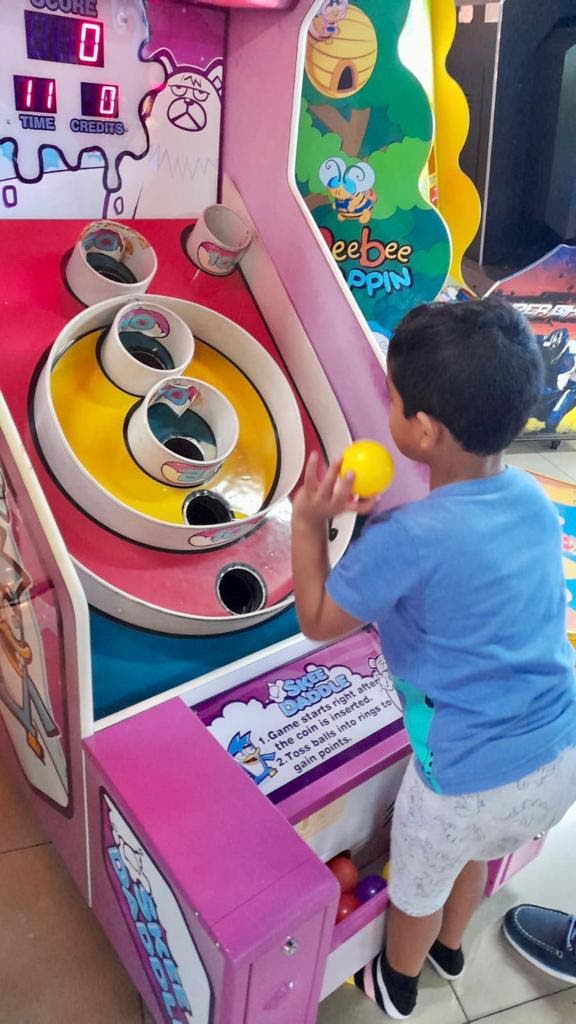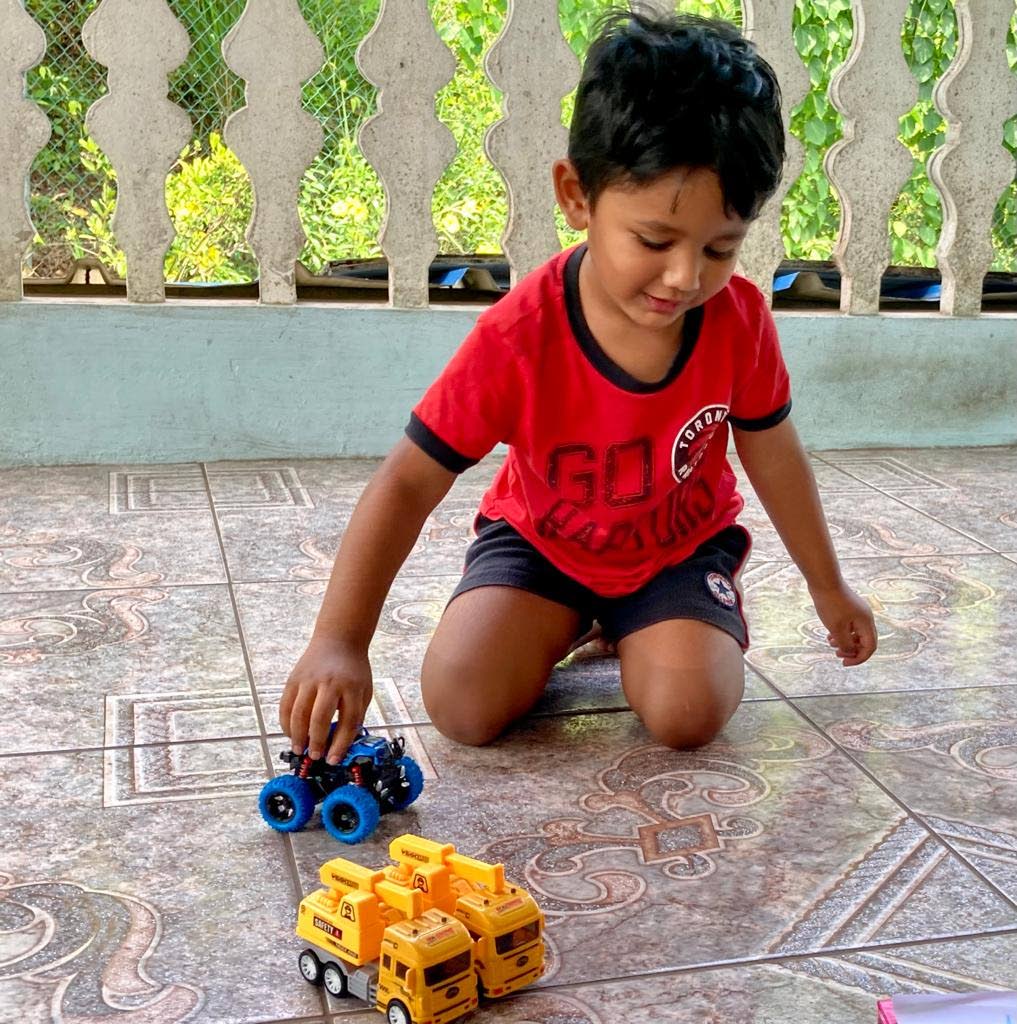Teach your children to be inclusive

DR RADICA MAHASE
Amanda is a primary schoolteacher and the mother of a six-year-old boy who was diagnosed with autism spectrum disorder and ADHD. Her son, Luke, is full of energy, likes to jump, and when he becomes overwhelmed, he flaps his hands and stims. This helps him to calm down and refocus on whatever activity he was doing.
Like most six year olds, Luke loves to run and play outdoors, he loves cars and trucks and he loves water. He does not communicate verbally and when he’s excited, he makes loud happy sounds. Amanda has a strong support system and copes relatively well with challenges as they come up. In recent times though, one of her biggest challenges has been dealing with public perception of her son. Amanda has become more and more frustrated and angry at people’s attitudes towards her son, and especially disappointed because it is usually adults.
Amanda said, “I deal well with the challenges of raising an autistic child and I don’t want sympathy or help but some common decency will be nice. I am so tired of people staring at my child. What makes it worst is that it’s big people, adults who stare at him. I see parents out and about with their neurotypical children and it’s not like every single child who is supposedly ‘normal’ does be on their best behaviour all the time. I see some ‘normal’ children in the toy stores throwing a massive fit because they don’t get what they want. Nobody stares at them then, because they’re ‘normal’ children. But the minute my child flaps his hands in public, big people turning to stare.
"Last week I took Luke to the supermarket. I take him everywhere because I have no intention of keeping my child locked away at home because other people don’t know how to relate to him. At the supermarket, there was a mother walking with a little child about three years old, when she saw Luke flapping his hands, she grabbed her child’s hand and quickly moved from the lane we were in.
"There was another time when we took Luke to a play park, it was a long weekend and we wanted to just let him run and play outside – there were four other children there with their parents. When one of the mothers saw Luke flapping his hands and running towards the slide (he was excited to be there!) she quickly took her child down. My husband told her she can leave her child, they can take turns on the slide and her response was, 'my child not accustom to playing with children like that.'

"As a teacher and a parent of an autistic child, I get angry when I see this kind of behaviour from adults, and worst yet, from parents. What kind of message are you sending to your children when you pull them away from other children? Why are you growing up your children to think and feel that they are not supposed to play with special-needs children; that my son and other autistic children are somehow inferior or even dangerous? I don’t think adults realise the impact that they have on children and when they look towards my child with disgust, they are telling their children that it’s okay to do that also. When your child is staring at another child and you do not correct them, you are telling them that it’s okay to stare.
"I want all parents of special-needs children to continue taking their children out in public. If your child is like Luke, who needs to flap and jump to self-regulate, don’t stop them, don’t force them to be like neurotypical children, don’t keep telling them to stop doing it. If your child is happy to be out, then never stop taking your child out. If people need to stare and parents feel they need to move away with their children, let them. They are not your concern – your concern is giving your child an opportunity to be out and to do things, regardless of what society thinks of them.
"To the parents of neurotypical children, don’t deny your children the opportunity to interact and socialise with autistic children or any children with disabilities. When they play and socialise with children who are autistic, that would be the best way for them to appreciate differences. Letting them interact with special-needs children will teach them to respect everyone, to develop special friendships and it will help them to grow up to be better humans.
"We are living in a world where we force special-needs children to be ‘normal’ instead of really embracing them. Teach your children to be inclusive because they will be better people and the world will be a better place.”
Dr Radica Mahase is the founder/director of Support Autism T&T


Comments
"Teach your children to be inclusive"